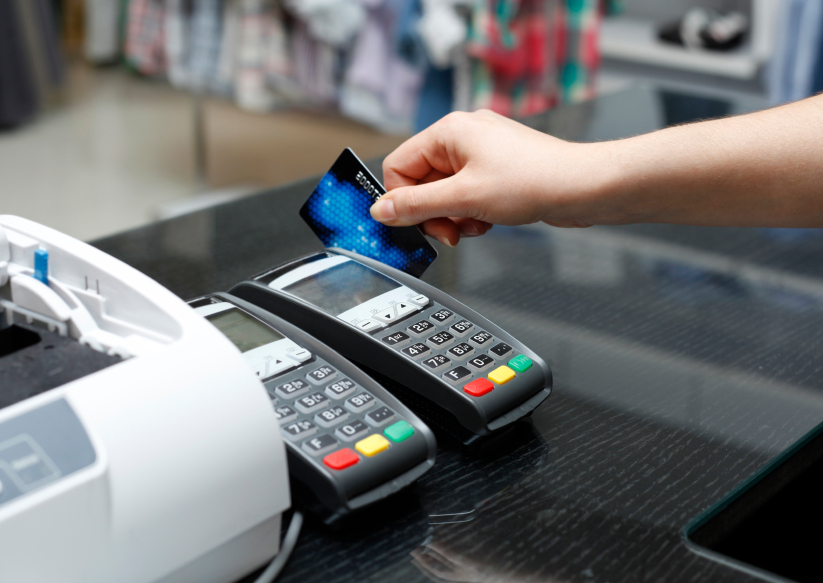 After medical debt, overwhelming credit card debt has to be the biggest reason our clients come to us for help. For a variety of reasons, like divorce, unemployment, and medical needs, they have had to resort to using credit cards to make ends meet. Credit card use can quickly spin out of control. Below are eight ways you can keep your credit card debt in check.
After medical debt, overwhelming credit card debt has to be the biggest reason our clients come to us for help. For a variety of reasons, like divorce, unemployment, and medical needs, they have had to resort to using credit cards to make ends meet. Credit card use can quickly spin out of control. Below are eight ways you can keep your credit card debt in check.
Don’t Use Credit Cards To Live Beyond Your Means
If you are using your credit cards without being able to pay them off every month, consider whether your budget plan is workable. If you need to use your credit cards to pay your expenses, you may have reduce or cut some of those costs.
Avoid Using Credit Cards During A Financial Crisis
Using your credit cards when you’re having cash flow problems, such as during unemployment, can quickly compound your problems. Consider instead reducing unnecessary expenses, such as cable, entertainment, and eating out. On the other hand, using credit cards during these times, as opposed to taking out a home equity line, is preferable.
Pay More Than The Monthly Minimum
Credit card lenders are happy when you make the monthly minimum payment. They know it means it will take you longer to pay your card off and that they’ll earn much more interest in the mean time. That $500 tablet can end up costing you much more than that. How much more? Take a careful look at your monthly statement which should include an estimate of how long it will take you to pay off your card if you make the minimum payment.
Be Wary Of “Teaser” Rates
Credit card lenders will often entice new customers with introductory, or temporary, low interest rates. Take a look at the fine print. Purchases made during the introductory interest rate will often be paid back at a much higher rate once the introductory period ends.
Pay Your Credit Cards On Time
Late fees and penalties can quickly add up and late payments can often result in a higher interest rate being automatically imposed.
Avoid The Special Services Credit Card Companies Offer
Credit card payment protection plans, credit report monitoring, travel clubs, and other offers ending up costing you more than they benefit you.
Handle Credit Limit Increases Carefully
Just because your credit card lender has increased you limit doesn’t mean you should take advantage of it or that it means that the lender thinks you can afford it. More likely, all it means is that the lender thinks you’re willing to take on, and pay for, more debt.
Don’t Max Out Your Cards
Maxing out your card can create two problems. First, it means that you’ll be paying much more in interest. Second, it can also reduce your credit score. Some credit card lenders will actually increase your interest rate on future purchases when your score drops.
If you are having trouble managing credit card bills, bankruptcy may help you get your debt under control. You can schedule a free, no-obligation consultation with an experienced Colorado bankruptcy lawyer by calling 303.331.3403 or by using our online scheduling system.


